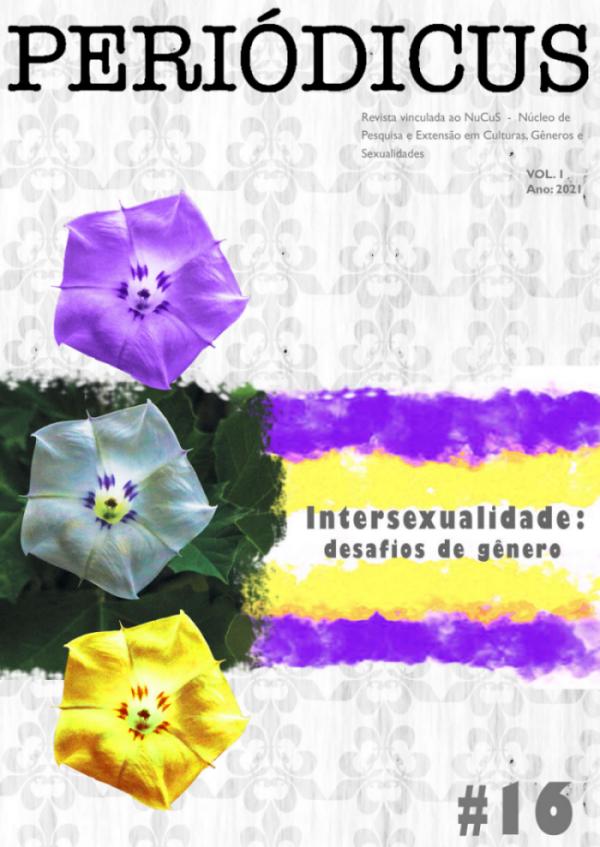Divine, insurgents and sinners: the mythical guilt of women
DOI:
https://doi.org/10.9771/peri.v1i16.35908Abstract
This article aims to discuss the woman-guilt relation from fragments of mythical narratives from four different cultures; jewish-christian, greek, guarani and yoruba. We used as methodology a questioning exercise inspired by Foucault. The reinterpretation of some myths in this perspective showed women considered divine, insurgents and sinners in different cultures and times that figure in a complex historical plot, in which feminine perspectives were built and passed through time and space until today, wrapped in guilt. In the strong and constant movement that maintains in the present that on the basis of different problems there is always a woman, who did not take care of her children as she should, dressed provocatively, stood out too much, spoke a lot, was very curious, did not breastfeed, assumed a role that did not fit, among other things, we have echoes of other times.
Downloads
Downloads
Published
How to Cite
Issue
Section
License
Copyright (c) 2021 Ailton Dias de Melo

This work is licensed under a Creative Commons Attribution-NonCommercial 4.0 International License.
Autores que publicam nesta revista concordam com os seguintes termos:
Autores mantêm os direitos autorais e concedem à revista o direito de primeira publicação, com o trabalho simultaneamente licenciado sob Licença Creative Commons Attribution Noncommercial que permite o compartilhamento do trabalho com reconhecimento da autoria e publicação inicial nesta revista, sendo vedado o uso com fins comerciais.
Autores têm autorização para assumir contratos adicionais separadamente, para distribuição não-exclusiva da versão do trabalho publicada nesta revista (ex.: publicar em repositório institucional ou como capítulo de livro), com reconhecimento de autoria e publicação inicial nesta revista.
Autores têm permissão e são estimulados a publicar e distribuir seu trabalho online (ex.: em repositórios institucionais ou na sua página pessoal) a qualquer ponto antes ou durante o processo editorial, já que isso pode gerar alterações produtivas, bem como aumentar o impacto e a citação do trabalho publicado (Veja O Efeito do Acesso Livre).







